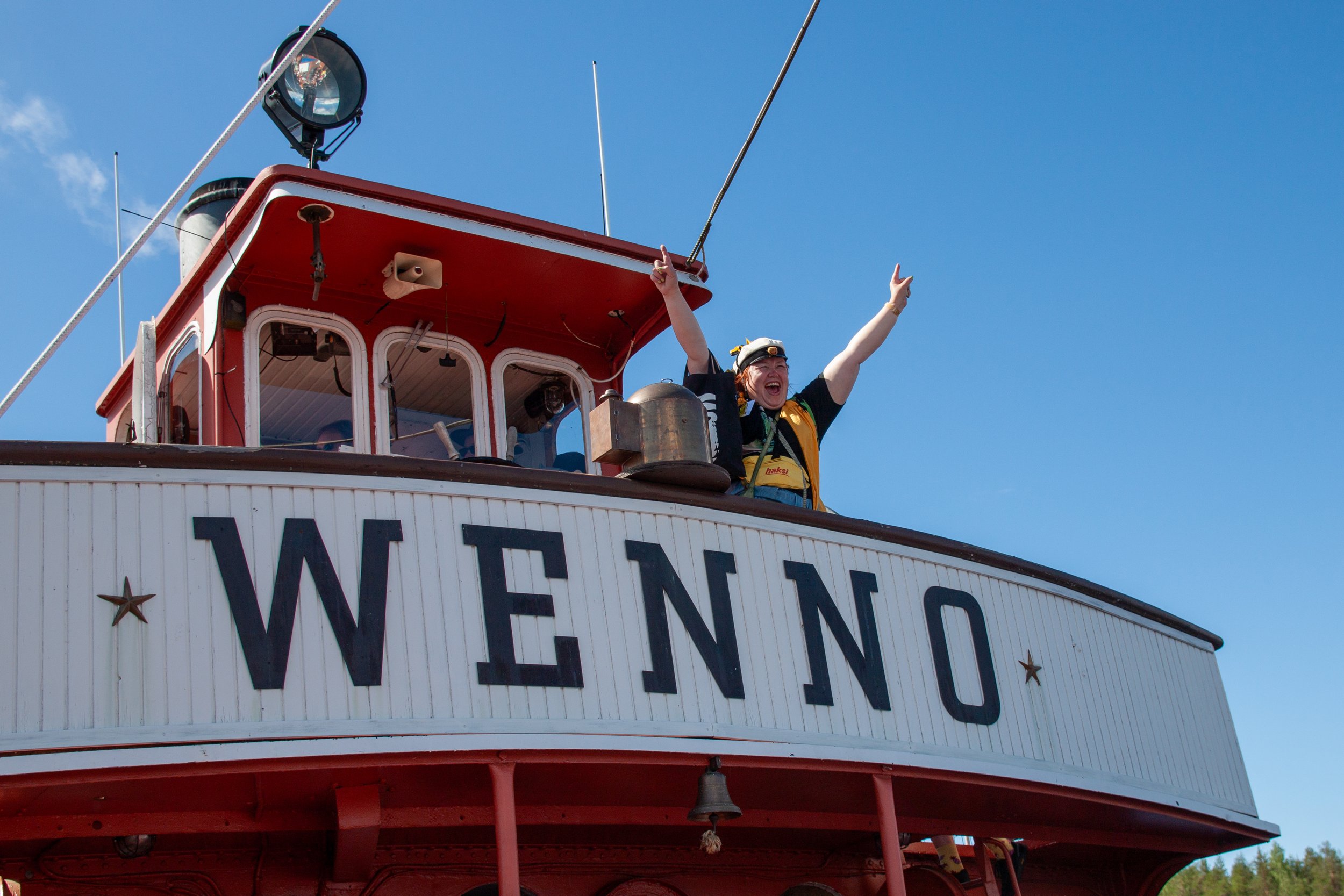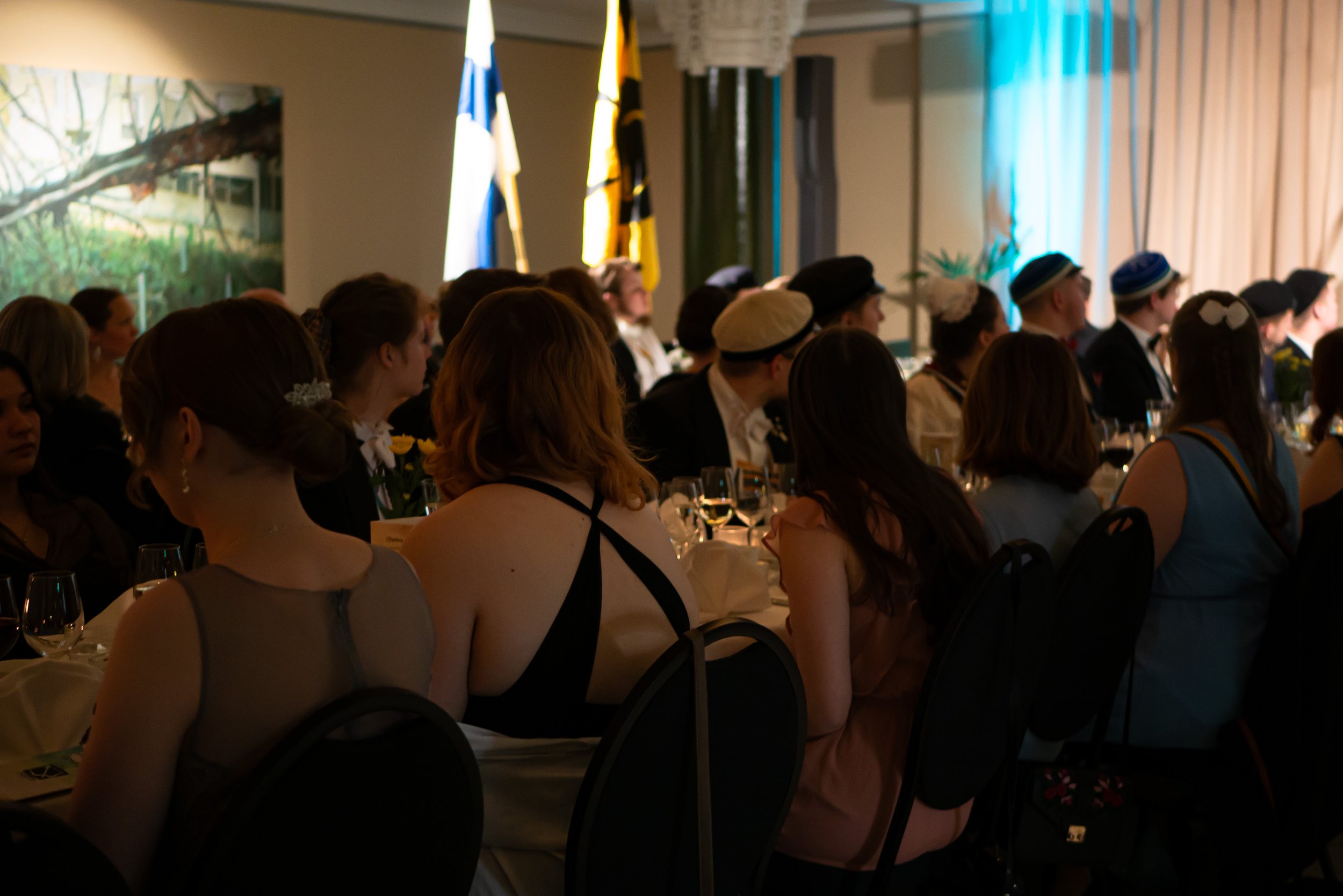
Opiskelijajärjestö savolaisille ja savolaishenkisille
Mikä?
Helsingin yliopiston Savolainen osakunta on opiskelijajärjestö, joka kokoaa yhteen savolaisia ja savolaishenkisiä eri alojen opiskelijoita.
Savolainen osakunta on tarkoitettu kaikille Helsingin yliopiston ja muiden korkeakoulujen opiskelijoille miltä tahansa tieteenalalta.
Kenelle?
Mitä?
Savolainen osakunta järjestää harrastus-, kulttuuri-, urheilu- sekä vapaa-ajantoimintaa jäsenilleen ympäri vuoden.
Tärkeitä päivämääriä
Tervahöyryristeily, eli tutummin tervis, on Savolaisen osakunnan perinteinen nelipäiväinen (to–su) kesäretki Etelä- tai Pohjois-Savon alueella.
Ilemottaotuminen alakoo kaikille perinteisesti vappuna eli 1.5.2025 siinä noe puolen yön maessa savolaesella tarkkuuvella, suattaapi olla vähä ennen, suattaapi olla vähä jäläkee.
The enrollment opens traditionally on 1 May 2024 at around midnight with impeccable, Savonian accuracy.
Lisäinfoa sivulla Tervis — Savolainen osakunta.
More information at Tervis in English — Savolainen osakunta.





















































